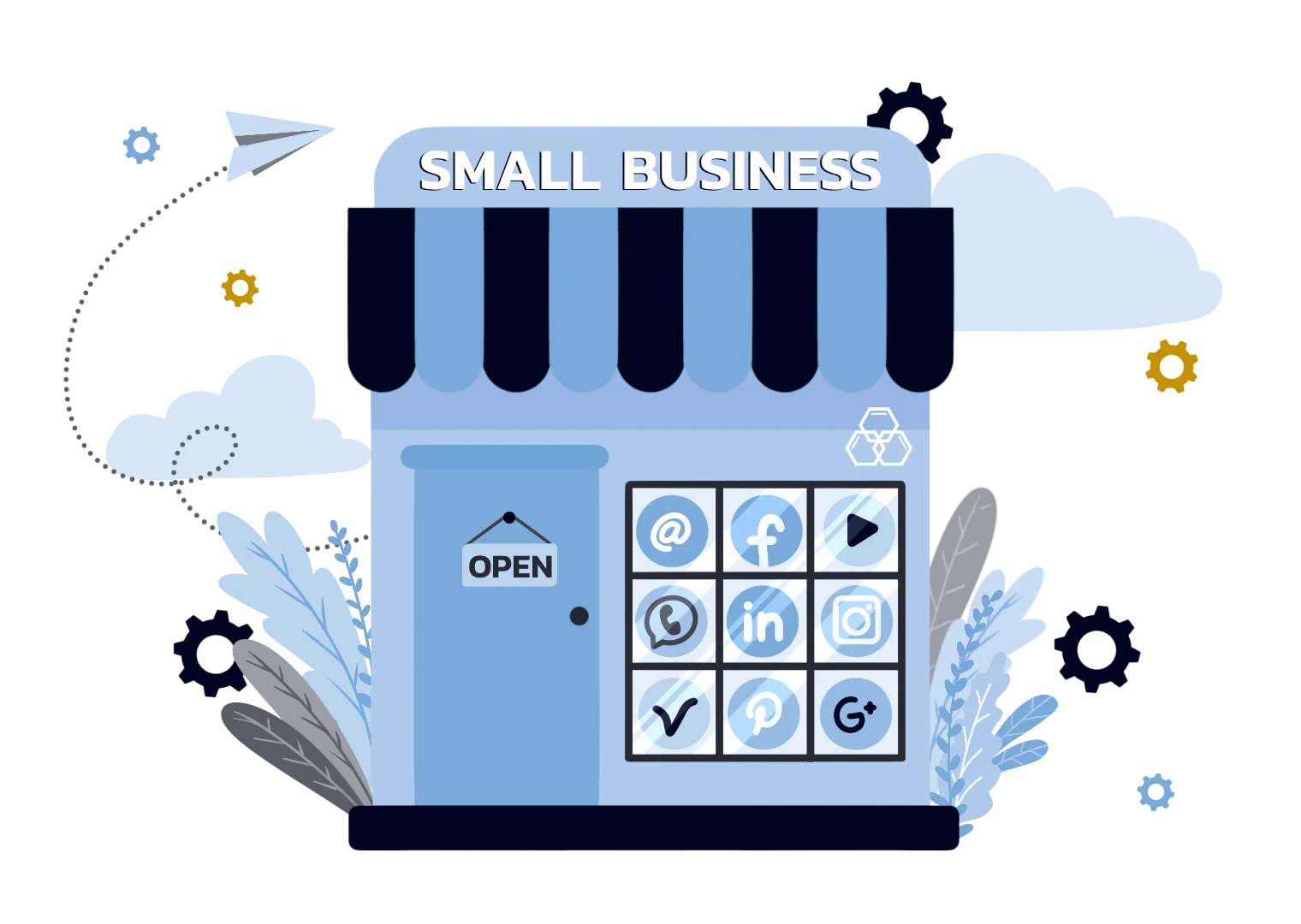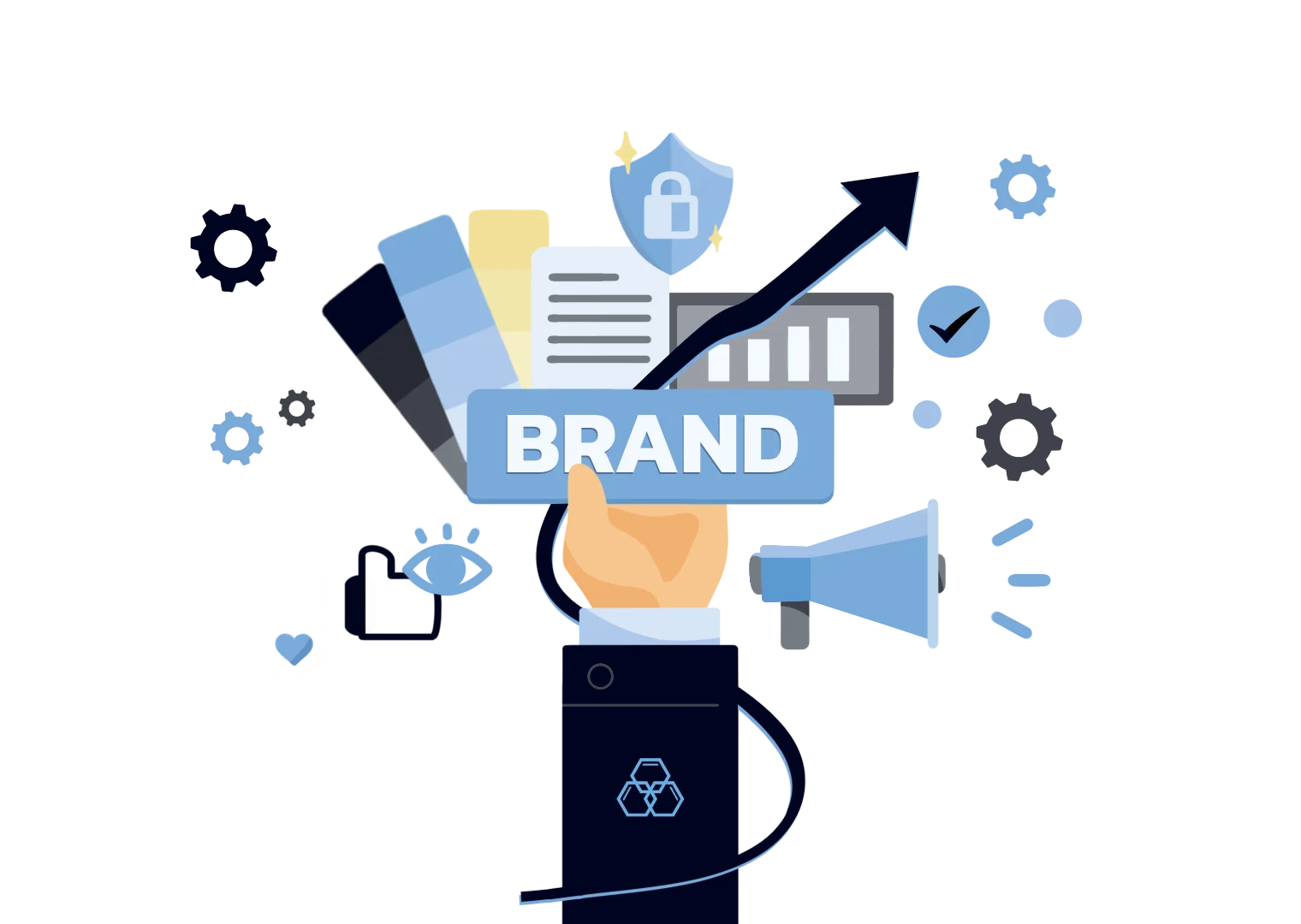We've all been there: you're working on a project and have this great idea for a new product. You've got the product in your mind and are just waiting for the perfect time to launch it!
But then, a few days later, nothing. You've got nothing but silence from potential customers. You can't even get a hold of them by email or phone—they don't respond!
What happened? Well, it could be that your website isn't optimized for mobile users (which would make sense if you were launching your product on mobile). It could also be that people think your idea is too far-fetched (and they're right). Or maybe they just haven't heard of it yet.
Whatever the reason, if you want to make sure that no one misses out on your new product launch because of bad timing or lack of visibility, there's only one way to do it: set up a marketing funnel!
What Is A Marketing Funnel?
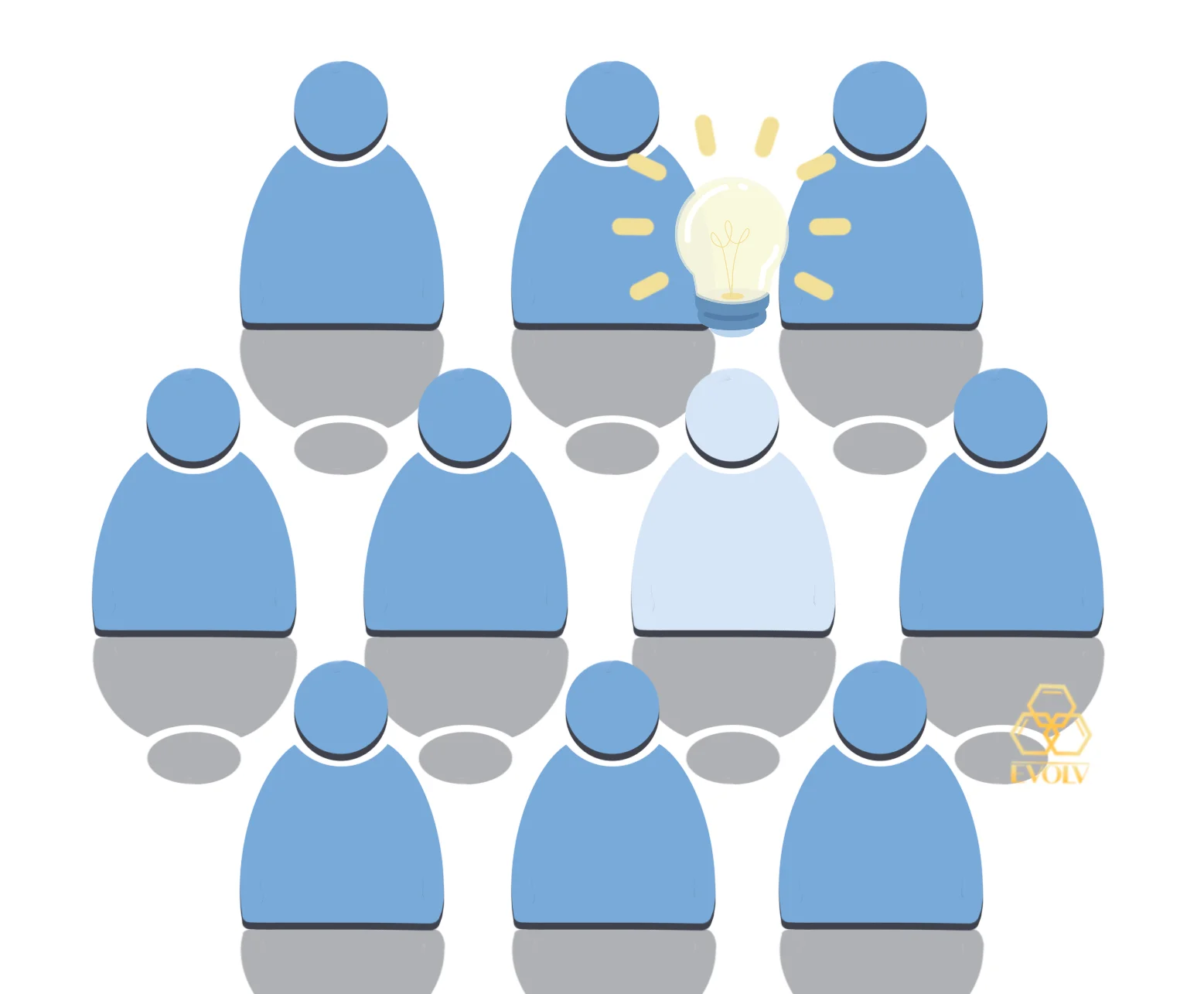
There are a million different ways to market your business and make the most of your time and money. But if you don't know what a marketing funnel is—and why it's so important—you'll have a hard time figuring it all out.
A marketing funnel is a sequence of steps that helps you convert visitors into customers and marketing-qualified leads into sales. It's an assembly line for getting people from point A to point B in your business.
And it's an incredibly important part of running any kind of business because it helps you identify where you need to focus your efforts and resources. Without this step-by-step sales process, it would be impossible for anyone to reach their goals.
5 Marketing Funnel Stages

Here are the traditional marketing funnel stages:
Awareness Stage (Top of the Funnel)
The first stage in any marketing funnel is initial awareness. In this stage, you're letting prospective customers know about your product or service and asking them to consider it. When someone is aware of your brand, they may or may not be interested in your product or service—but they're at least aware of it!
Consideration Stage (Middle of the Funnel)

The second stage involves considering whether potential customers want to buy something from you. They might have some questions or concerns at this point, so you want to ensure that there are no roadblocks in how they make a purchase.
Conversion or Purchase Stage (Bottom of the Funnel)
The third stage is conversion, which is when someone purchases from you. This could be during the consideration phase or after they've decided to buy. Still, it's crucial to be prepared for sales during this stage, as if they decide against buying, you'll miss out on potential sales opportunities.
Loyalty Stage
In the loyalty stage, you want to make sure that your existing customers are loyal to your brand and that they will keep coming back. This means providing them with value regularly and maintaining consistency in your customer communication.
Advocacy Stage

The final stage of the marketing funnel is advocacy—the act of persuading others to become brand advocates. You create content that speaks directly to those interested in your product or service by sharing it through social media posts and offering freebies or other incentives, increasing customer lifetime value and loyalty.
Why is Understanding the Marketing Funnel Important?
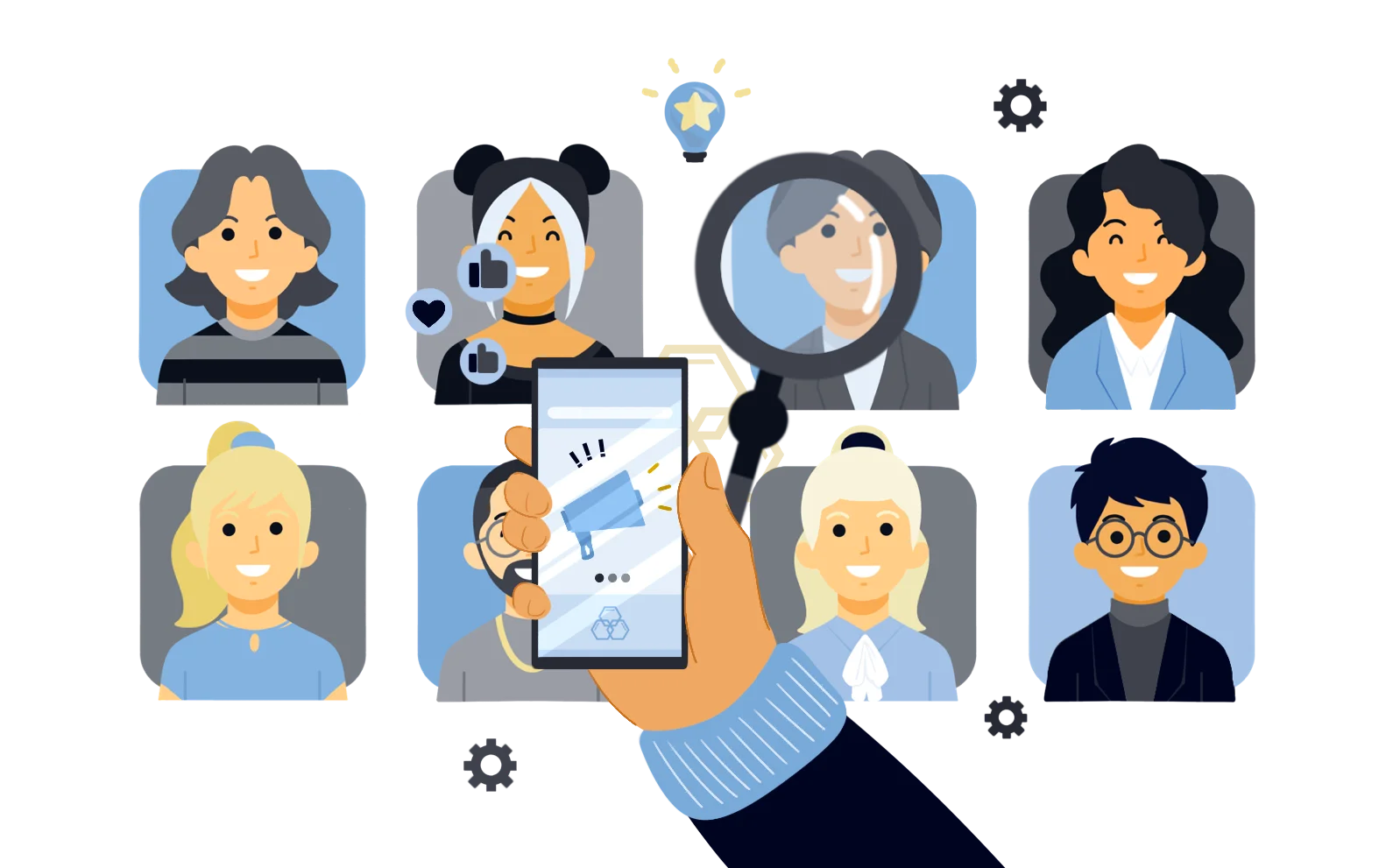
Marketing funnels are an important part of your business's marketing efforts. In fact, some say that the marketing funnel is one of the most important parts of running a successful business. Here's why.
Simplify the customer journey
Marketing funnels are a great way to simplify the customer journey. When selling a product or service, it can be difficult to ensure that your customers get what they want and need. A marketing funnel helps you ensure that every step of the buying process is working towards helping your customers get what they want from your company.
Bring visibility to every sale

Another reason marketing funnels are so important is that they bring visibility to every sale your business makes. When you have a clear path for every prospective customer who comes through your door, it's easy to see who's making sales and who isn't—which can help you find ways to improve your business model and make more money!
Allows measurability

You can't really control the actions of your customers. But you can control the information they receive. With your own marketing funnel, you can measure performance metrics such as sales lift and ROI because they provide an overview of all customers engaged with your brand through their various touchpoints.
Difference Between B2B and B2C Marketing Funnels
B2B and B2C marketing funnels require different levels of nurturing to turn leads into paying customers. However, the strategies and content used for each type differ.
In B2B marketing, the funnel is typically longer and more complex, as purchases often involve multiple decision-makers and higher-value products. This requires providing detailed information, fostering direct communication with sales representatives, and tailoring content to address specific business challenges. Account-based marketing (ABM) is also common, with efforts directed toward engaging key accounts rather than broad audiences. Personalization plays a central role, ensuring that messaging resonates with the unique needs of each business.
In contrast, B2C marketing funnels have shorter sale cycles and are geared toward individual customers. The emphasis lies in creating emotional connections that drive brand awareness, customer loyalty, and even impulse purchases. Unlike B2B, B2C funnels typically involve straightforward shopping experiences with minimal sales interaction, relying more on engaging storytelling and broad appeal to capture attention quickly.
How to Build a Digital Marketing Funnel Strategy: A Step-by-Step Guide

1: Map The Customer Journey & Define Goals
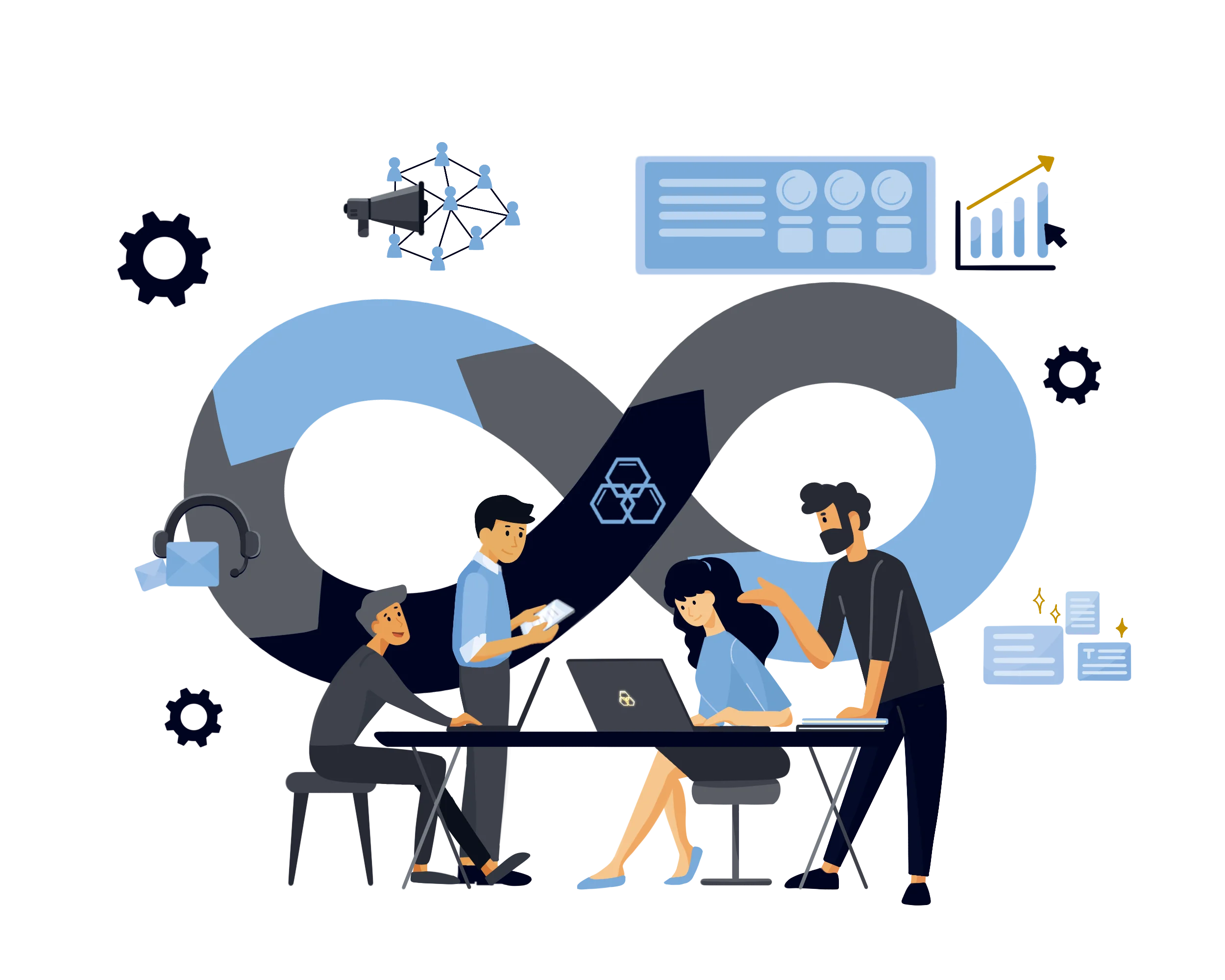
Research is important for improving marketing funnels; it provides useful information about target audiences.. Use a combination of customer personas (detailed profiles of your ideal customers) and customer journey mapping to visualize every touchpoint a person has with your brand. For each stage of the funnel (Awareness, Consideration, Decision, Retention), define a primary Key Performance Indicator (KPI). For example:
- TOFU KPI: Website Traffic, Social Shares, Impressions.
- MOFU KPI: Lead Conversion Rate, Email Open Rates, Content Downloads.
- BOFU KPI: Sales Conversion Rate, Customer Acquisition Cost (CAC), Revenue.
Combine quantitative and qualitative data to understand how real customers shop and behave, improving marketing funnel strategy.
2: Attract with Top-Funnel Content

Brand awareness involves consumers' familiarity with a brand's name, messaging, values, and culture. This can be done by Search Engine Optimization (SEO) and value-first content. The goal is to identify and target keywords with high search volume that align with your audience's problems (e.g., "how to manage a remote team" instead of "buy project software").
Use marketing automation tools like Google Keyword Planner or Ahrefs for research. Create pillar content (comprehensive guides) and cluster content (supporting blog posts) to establish topical authority and earn backlinks, which boost your domain authority and search rankings.
Customer testimonials, positive reviews, and webinars also help engage consumers during the consideration phase.
3: Nurture with Mid-Funnel Engagement

Nurturing is where Marketing Automation shines. Offer a lead magnet (content with better value) gated behind a form on a dedicated landing page. When a visitor converts, they are tagged in your CRM or marketing automation platform (e.g., HubSpot, Mailchimp).
This triggers a personalized email drip campaign—a series of automated emails designed to educate, build trust, and gradually introduce your product as the solution. The technical magic is in segmenting your audience based on which lead magnet they downloaded.
Example: A visitor who read the "agile techniques" article sees a pop-up offering a free "Agile Sprint Planning Excel Template." They exchange their email for it. This triggers a 5-part email sequence:
- Email 1: Deliver the template.
- Email 2: Tips for running a successful sprint retrospective.
- Email 3: A case study showing how Company X saved 10 hours a week using a specific method (hinting at your software's feature).
- Email 4: An invitation to a live webinar on "Modern Project Management."
- Email 5: A soft offer for a free trial of your software.
Also, a well-detailed website product page and exceptional customer service inspire confidence during the conversion stage.
4: Convert with Bottom-Funnel Offers
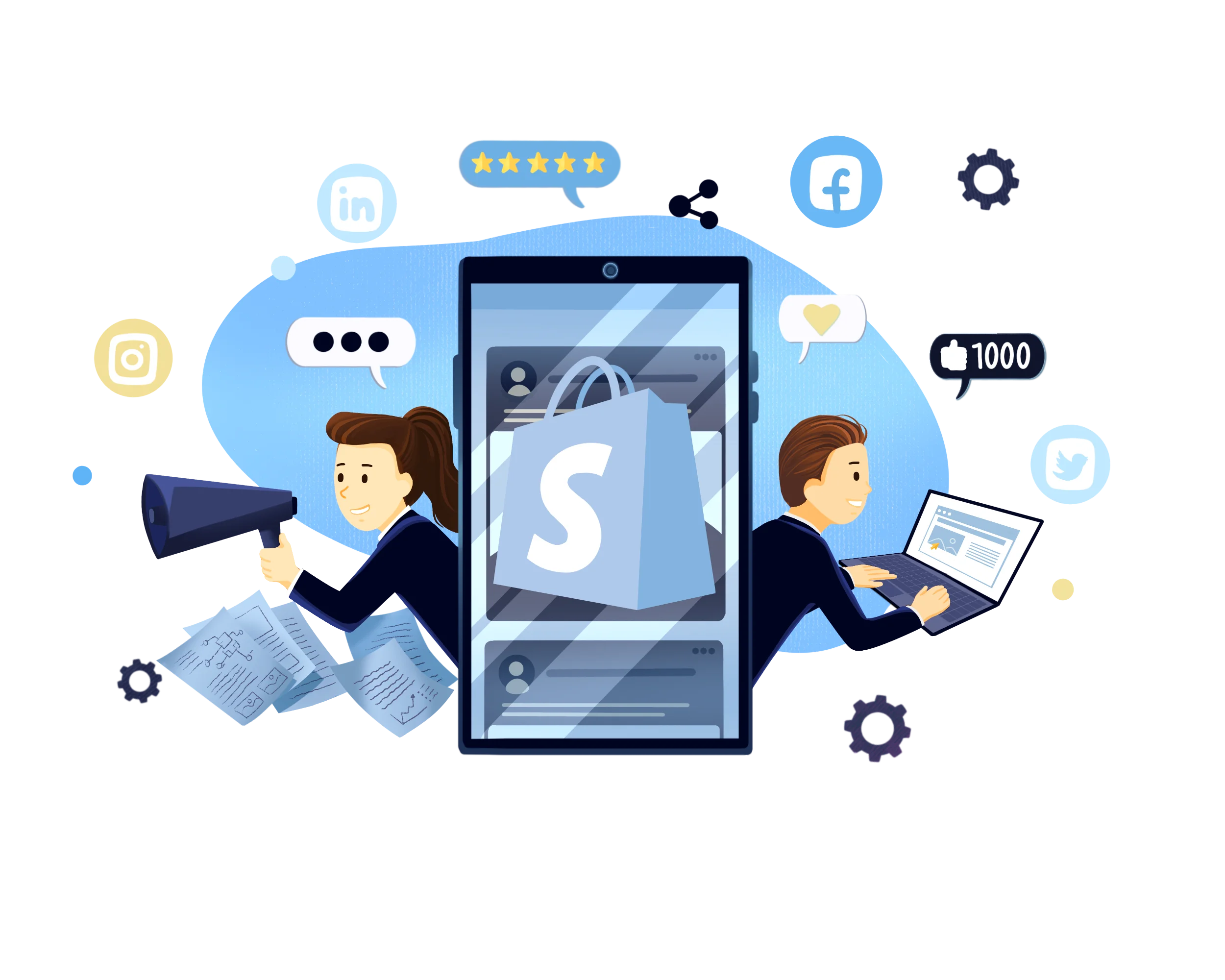
The conversion stage is about reducing friction. Your offer should be a clear, low-risk next step. Technically, this involves creating high-converting sales pages or product landing pages that are built around value propositions and social proof (testimonials, client logos, reviews).
The Call to Action (CTA) must be unambiguous ("Start Free Trial," "Book a Demo"). Use A/B testing on these pages to experiment with different headlines, button colors, and copy to improve your conversion rate.
5: Analyze and Optimize

This is a continuous feedback loop, tracking marketing funnel metrics and optimizing your campaigns. Conduct A/B testing to identify which marketing strategies work best at different funnel stages. Use research tools like Google Analytics to track user behavior flow to see where visitors drop off in your funnel. Analyze the conversion paths report to see which channels drive the most valuable customers.
Calculate your funnel conversion rates between each stage. If you have a 50% drop-off from "Lead" to "Trial User," that's a major leak. Use this data to form hypotheses and run A/B tests on your landing pages, email subject lines, and ad copy to improve performance systematically.
Try engaging with users through surveys; they provide insights into their experiences and improve marketing strategies.
Examples Of A Marketing Funnel
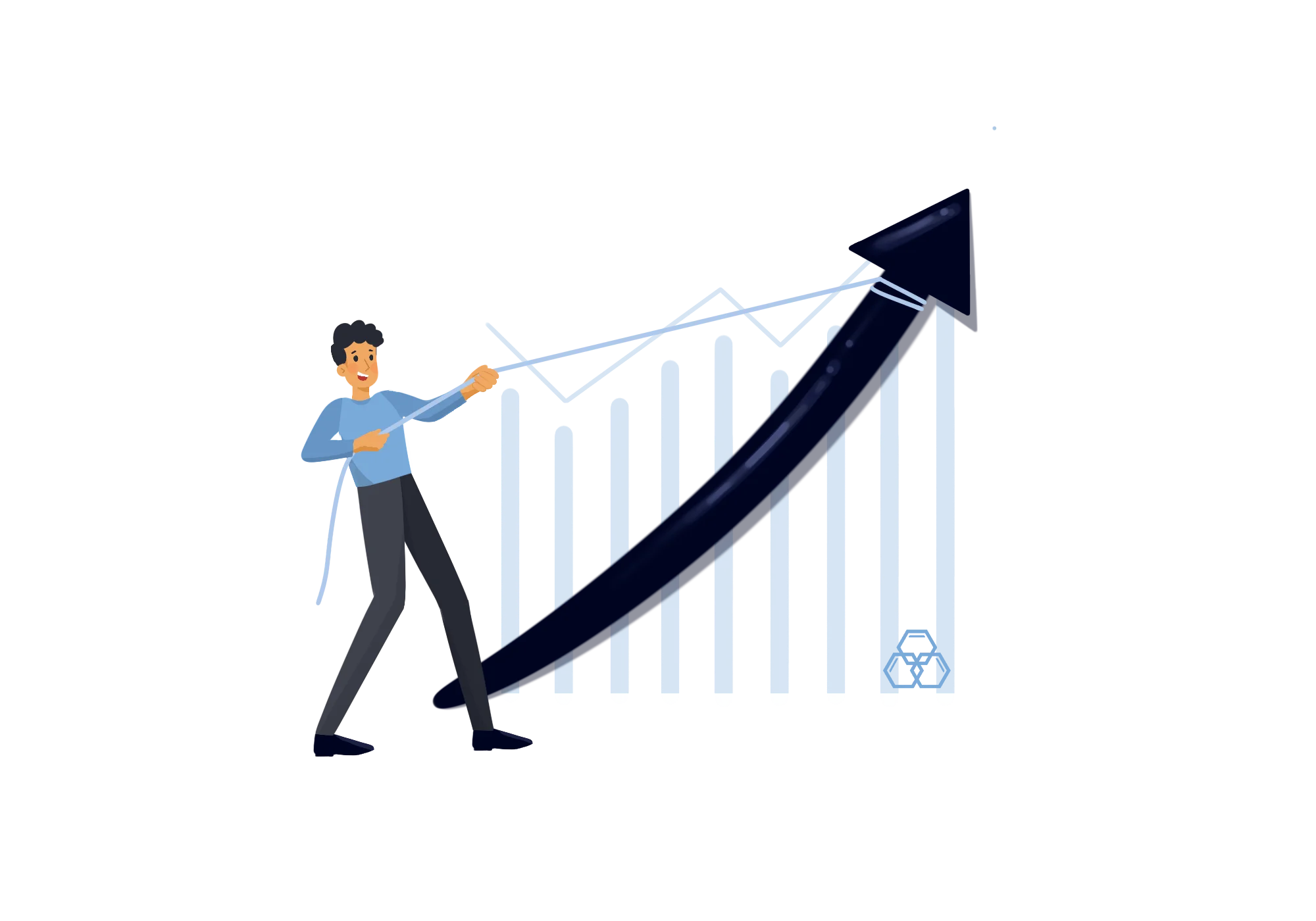
Now that you know the basics of a marketing funnel, let's take a look at some examples.
Example 1: Apple's Marketing Funnel
A customer buys a product from Apple and then uses services from another company, like streaming music or video content marketing. The customer isn't just getting one thing from Apple; they're getting many different things from Apple and the other company.
This can be considered a marketing funnel because it's a way for businesses to connect with new customers and turn them into loyal customers by providing multiple benefits or incentives at once.
Example 2: Online Clothing Shop
Another example would be a business that sells clothes online. The business needs to start advertising to attract new clients and keep existing ones returning for more products. This involves creating an email list of interested individuals who might be interested in their offerings. And then, sending them emails about special promotions or discounts whenever something new is happening at the store, such as the announcement of a new store opening elsewhere in town.
FAQ
What is the difference between a sales funnel and a marketing funnel?
While often used synonymously, a marketing funnel and a sales funnel represent two distinct, yet deeply interconnected, parts of the customer journey. Please think of the marketing funnel as the top of the process: its primary purpose is broad awareness and lead generation. It casts a wide net to attract strangers and nurture them into interested prospects through content, SEO, and social media.
The sales funnel, however, picks up where marketing leaves off. It focuses on a narrower group of qualified leads, guiding them through specific, action-oriented stages (like a demo or negotiation) with the direct goal of closing a sale. In short, marketing is about creating interest; sales is about converting that interest into revenue.
What is the purpose of the marketing funnel?
The primary purpose of a marketing funnel is to provide a structured, predictable process for converting prospects into paying customers. It serves as a strategic roadmap for the marketing and sales teams, outlining the specific steps a lead must take before making a purchase.
This structure allows businesses to identify bottlenecks, optimize their conversion rates at each stage, and forecast revenue more accurately. Ultimately, a well-defined marketing funnel ensures no potential repeat customer falls through the cracks, streamlines the sales process, and efficiently drives business growth by systematically turning interest into closed deals.
How to develop a marketing strategy?
Developing a successful marketing strategy starts with a deep understanding of your target audience—who they are, what they need, and where they spend their time online. Next, establish clear, measurable SMART goals (Specific, Measurable, Achievable, Relevant, Time-bound).
Conduct a SWOT analysis (Strengths, Weaknesses, Opportunities, Threats) to understand your market position. Choose the most effective marketing channels (e.g., social media, email, SEO, content) to reach your audience.
Finally, create a content plan, allocate a budget, implement your campaigns, and, most crucially, track your KPIs and analyze the data to refine your approach for maximum impact continuously.
Who created the marketing funnel?
The marketing funnel concept is widely attributed to E. St. Elmo Lewis, an advertising pioneer, who developed a model called AIDA (Attention, Interest, Desire, Action) around the year 1900. While he didn't use the word "funnel" explicitly, his AIDA model described the hierarchical stages a person goes through before making a purchase, perfectly illustrating the funneling effect where a broad audience is narrowed down to committed customers.
This foundational theory has been adapted and expanded upon by countless marketers over the last century, evolving into the multi-touchpoint, non-linear digital funnels we use today.
What is a sales funnel strategy?
A sales funnel strategy is a deliberate plan that maps out the journey you want potential customers to take, from first learning about your company to completing a purchase. It involves defining the key stages of your funnel (e.g., Awareness, Consideration, Decision, Loyalty) and implementing targeted actions and content to move prospects through each one.
This includes tactics like lead magnets to capture interest, email nurture sequences to build value, personalized demos to address specific needs, and a streamlined checkout process. The strategy's power lies in its focus on guiding and persuading the prospect at every step, removing friction, and ultimately increasing conversion rates.
Increase Customer Lifetime Value With A Winning Marketing Funnel Strategy
Marketing funnels are invaluable for identifying areas of weakness in your marketing campaigns and determining how to correct them. They provide your sales and marketing teams with a visual way to evaluate your business's performance and identify gaps in your marketing plan. With the right marketing tactics in place, the marketing funnel can be handy for enhancing your marketing performance and customer retention.
Let us know how Evolv can help you create your marketing funnel strategy!
Also, check our blog and be updated with the latest insights in creating effective sales and marketing efforts.



